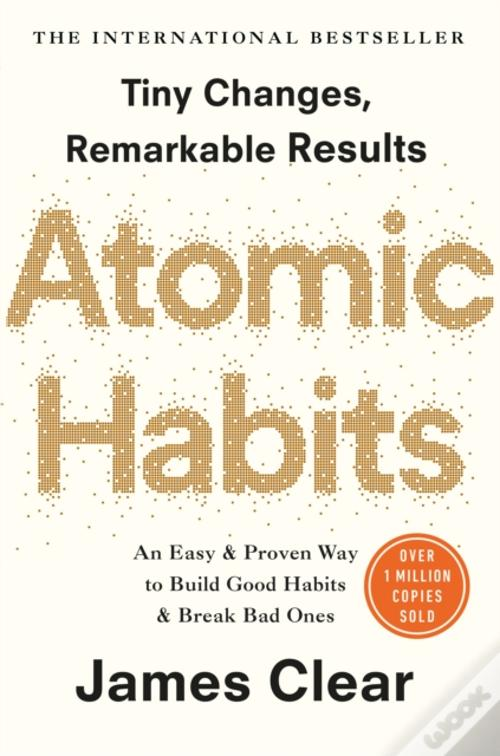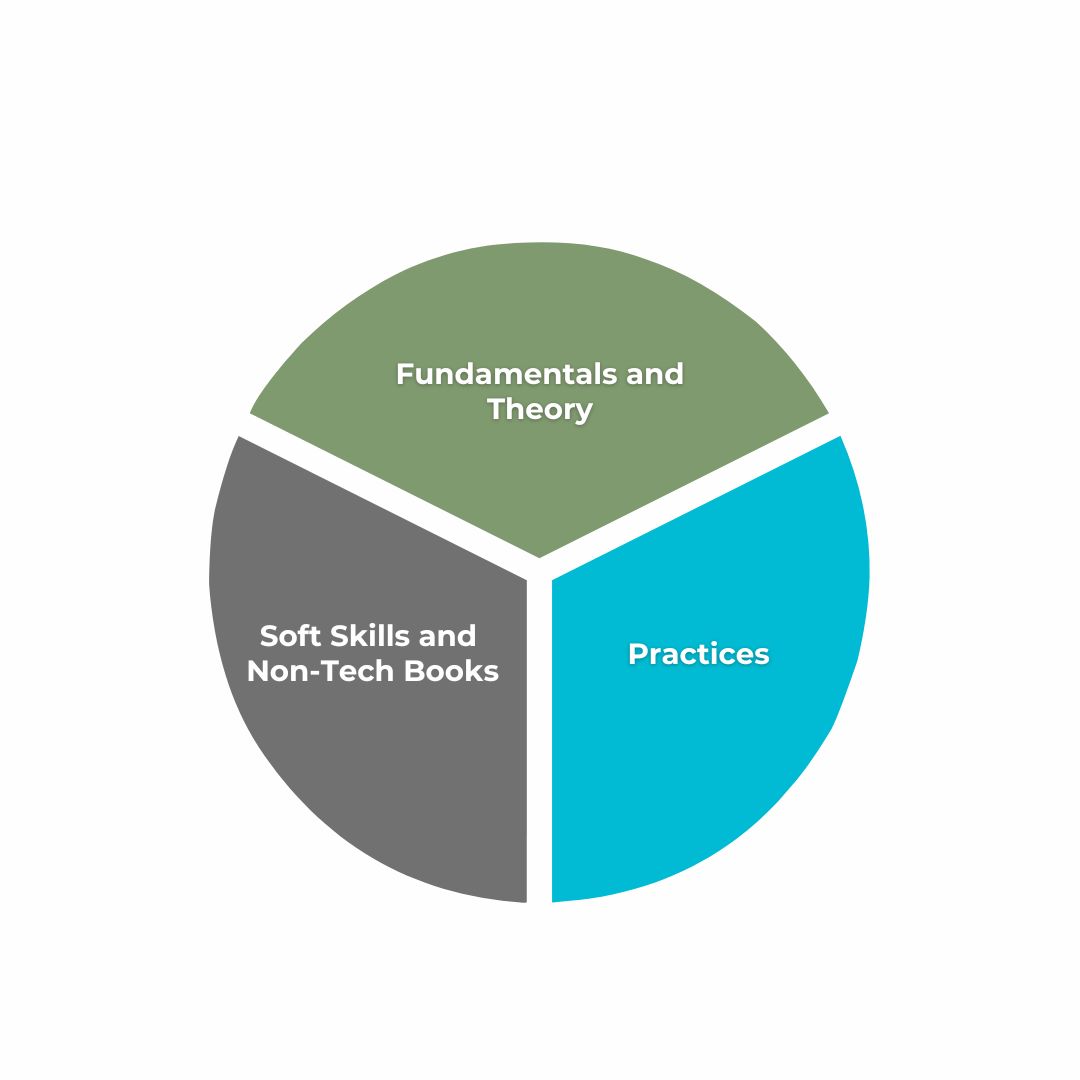Atomic Habits and Software Engineering: Unlocking Career Success
Atomic Habits empowers software engineers with small habits for long-term success. Balance fundamentals, practice coding, and develop soft skills.
Join the DZone community and get the full member experience.
Join For FreeIn the fast-paced world of software engineering, staying relevant and continuously improving is essential for career advancement. While technical skills are crucial, they are not the sole determining factor for success. Atomic Habits, a groundbreaking book by James Clear, provides valuable insights into the power of small habits and how they can transform our lives. This article explores the application of atomic habits to software engineering and how software engineers can leverage this book to propel their careers forward.

The Importance of Balance and Habits
Software engineering is a dynamic field constantly changing new technologies, standards, and practices. To thrive in such an environment, balancing acquiring new skills and honing existing ones is vital. Atomic Habits emphasizes the significance of habits in achieving long-term success. By establishing small, consistent routines, software engineers can steadily progress and avoid becoming obsolete in a rapidly evolving industry.
The Long-Term Perspective
In an age of instant gratification, it's easy to overlook the power of long-term thinking. As software engineers, we often find ourselves frustrated when we are still looking for immediate results from our efforts to upskill. However, the book reminds us that success is a marathon, not a sprint. We can achieve remarkable progress over time by focusing on continuous improvement and embracing the philosophy of getting 1% better each day.

Applying Atomic Habits to Software Engineering
Software engineers can apply the principles outlined in Atomic Habits to enhance their professional growth. Here are three areas where habits can be instrumental:

Fundamentals and Theory
Just like in music, mastering the fundamentals is crucial for software engineers. Understanding the underlying concepts and theories enables us to make informed decisions and solve complex problems. By dedicating time to studying fundamental principles, we can build a solid foundation for our careers and become valuable team resources.
Practices
Putting theory into practice is essential for software engineers. Through deliberate practice and continuous learning, we can refine our coding skills, explore new frameworks, and develop efficient software solutions. By creating a habit of regular practice sessions, we can stay updated with industry trends and expand our technical repertoire.
Soft Skills and Non-Tech Books
Being a practical software engineer involves more than technical expertise. Soft skills like communication, time management, and business understanding are crucial in our professional interactions. Atomic Habits encourages us to adopt habits that foster personal growth beyond technical domains. Reading non-tech books like this can help us develop well-rounded skill sets and enhance our ability to collaborate with diverse teams.
To excel in software engineering, focusing on three key areas: fundamentals and theory, practices, and soft skills is crucial. Mastering the fundamentals and understanding the underlying ideas lays a solid foundation for making informed decisions and becoming a valuable resource. Putting theory into practice through deliberate practice and continuous learning helps refine coding skills and stay updated with industry trends. Developing soft skills such as communication, time management, and business understanding enhances collaboration and professional interactions. Reading non-tech books complements technical expertise and promotes well-rounded growth. By nurturing these areas, software engineers can achieve holistic development and propel their careers forward.
Indeed, there will be days when we feel frustrated or unable to stick to our daily routines. Remembering that we are human, and setbacks are a natural part of the journey. Atomic Habits emphasizes the long-term nature of habit formation, and occasional lapses should not discourage us. Maintaining self-compassion is essential, and understanding that a few missed days or setbacks do not define our character or potential for success. However, it is crucial to pay attention to prolonged periods of inconsistency and make a conscious effort to get back on track. By recognizing the importance of consistency and genuine commitment to our habits, we can overcome temporary obstacles and continue progressing toward our goals.
In addition to impacting career success, cultivating good habits extends beyond software engineering. The principles outlined in Atomic Habits emphasize that consistent, positive habits yield long-term results in all aspects of life. It is crucial to balance work and personal life, nurturing relationships and engaging in activities beyond professional pursuits. Life is not solely defined by profession, and finding harmony between different areas of life is essential for overall well-being. Furthermore, the book highlights the power of health and physical fitness, drawing inspiration from the ancient Romans' motto, "Mens sana in corpore sano" (a healthy mind in a healthy body). Prioritizing exercise and maintaining good health enhances productivity and contributes to a fulfilling and rewarding life journey. By embracing these principles and integrating them into our daily routines, we can foster a holistic approach to personal and professional growth, ultimately leading to a more fulfilling and successful life.

Conclusion
In software engineering, a successful career relies on technical skills and cultivating effective habits. Atomic Habits provides a roadmap for developing these habits, enabling software engineers to unlock their full potential and propel their careers forward. By embracing the principles of balance, long-term thinking, and deliberate practice, software engineers can continuously improve and stay ahead in the ever-evolving landscape of technology. So, grab a copy of Atomic Habits and embark on a journey toward personal and professional excellence in software engineering.
Opinions expressed by DZone contributors are their own.

Comments